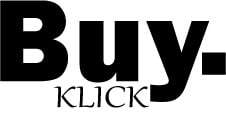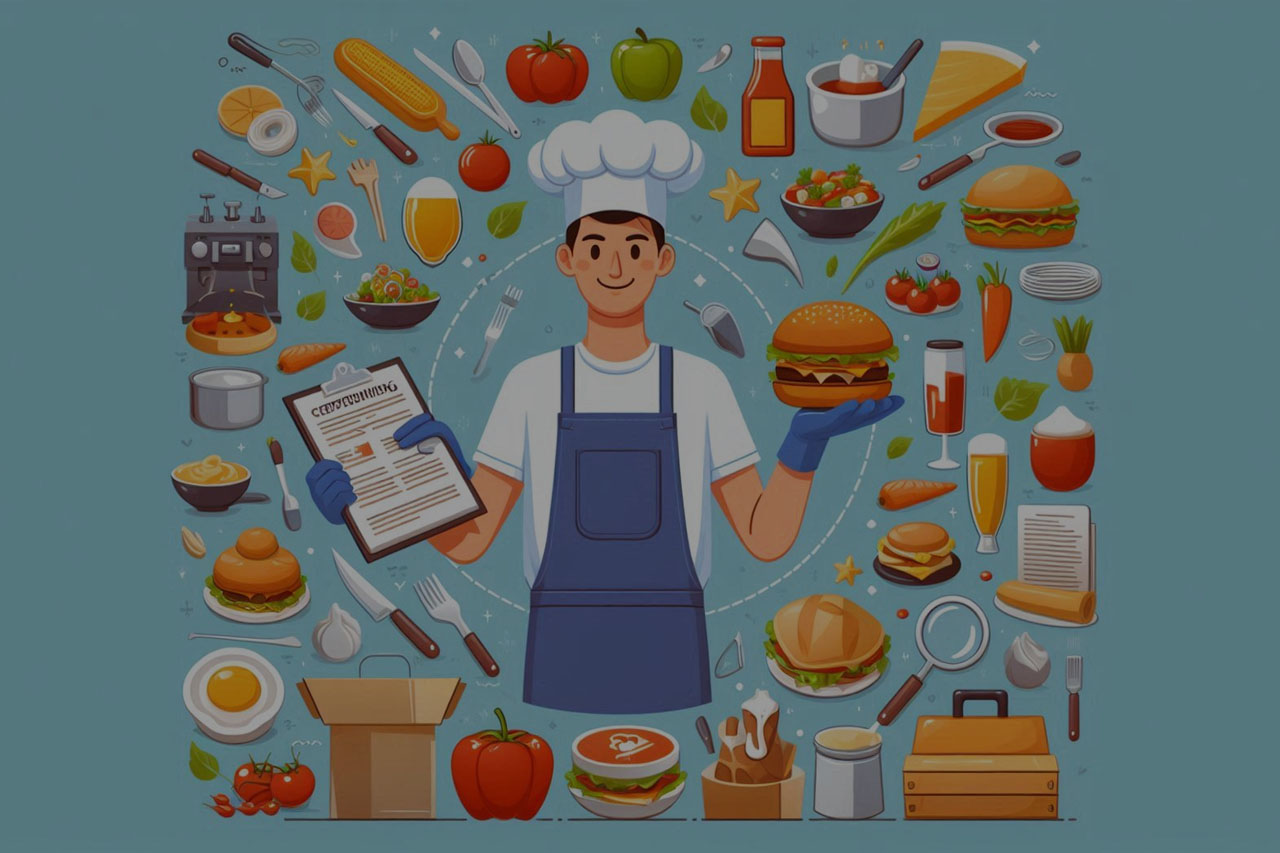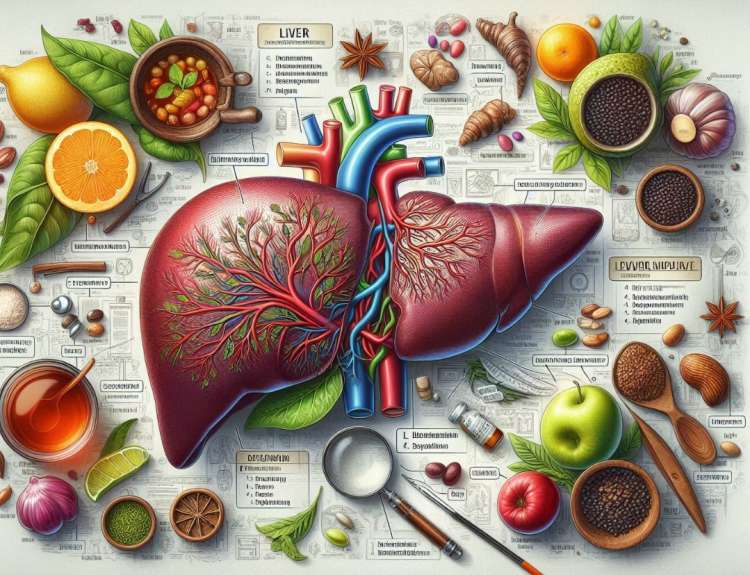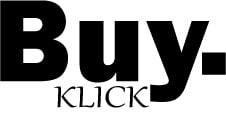Those who are involved in the process are crucial to food safety. Any food service organization relies heavily on its food handlers to keep things running smoothly. It’s critical to comprehend the obligations placed on food handlers in order to safeguard consumer health as well as to comply with legal requirements. What precisely does it mean to handle food, then?
What is a Food Handler?
Definition of a Food Handler
Anybody who handles food in any way—during preparation, serving, or storage—is considered a food handler. This covers food deliverers as well as waiters and dishwashers.
Types of Food Handlers
Although all food handlers perform similar tasks, they could have specialized in different areas, such as front-of-house workers serving meals or kitchen staff preparing food. Understanding the varied functions makes the complex nature of food processing easier to understand.
Why Are Food Handlers Important?
Health Implications
It is impossible to exaggerate the effect food handlers have on public health. A number of people may be harmed by foodborne infections caused by improper handling techniques.
Safety Regulations
To protect food safety, governments impose stringent laws. In order to stay out of trouble and keep their customers safe, food handlers must be aware of these rules.
[/vc_column_text][/vc_column][/vc_row] Basic Duties of Food Handlers Personal Hygiene Standards Personal cleanliness comes first and is very important. Food handlers should refrain from touching their faces, wear clean clothing, and wash their hands frequently. Who wants to order food that has been touched by unclean hands, after all? Safe Food Storage Practices To stop hazardous bacteria from growing, food should be refrigerated at the proper temperature. Find out how to properly store various food kinds; this is where your expertise is crucial. Food Preparation Duties Cleaning and Sanitizing It’s crucial to sanitize and clean all surfaces and appliances before beginning to cook. Imagine this: a quick wipe with a cloth won’t cut it if you drop a slice of steak on the counter. To make sure it’s totally germ-free, you must sanitize. Proper Cooking Techniques Cook meals to perfection using the proper techniques! Boiling, steaming, and grilling are a few common cooking methods that aid in the removal of hazardous bacteria. To ensure that everything is cooked to perfection, use meat thermometers. Service Duties Correct Serving Temperatures Maintaining the proper temperature when serving food is essential to avoid spoiling. It’s important to keep hot foods hot and cold items cold. Recall that food left out for extended periods of time can serve as a haven for bacteria. Portion Control Overeating may result in waste and extra expenses. Serving the proper quantity of food is crucial to maintaining customer satisfaction and business profitability. Post-Service Duties Proper Food Handling and Disposal Any leftovers must be carefully preserved or disposed of. Find out the regulations for disposing of food and how to maintain a clean area after services. It’s about the entire process, not just the cooking! Cleaning Work Areas After the dishes are done, cleaning doesn’t have to end. Keeping work environments clean on a regular basis contributes to everyone’s safety and wellness. Consider it your personal duty to provide a secure dining atmosphere. Dealing with Food Allergens Identifying Food Allergens Food allergies are a major concern. Food handlers must understand common allergens and how to accommodate them. Whether it’s gluten, dairy, or nuts, knowledge is power. Preventing Cross-Contact It is imperative to prevent cross-contamination between foods containing allergens and other dishes during cooking. To keep everything safe for allergy sufferers, keep separate utensils and surfaces. Understanding Food Safety Regulations Overview of Local and National Regulations Local laws governing food safety differ, yet they are all necessary to protect the public’s health. Learn about local and federal regulations so that you can maintain a safe and compliant workplace. Importance of Compliance Disregarding these rules may result in harsh penalties, such as fines or the closure of your business. Not only is compliance wise, but it’s also required! Training and Certification for Food Handlers Required Certifications and Training The majority of places mandate that food handlers complete training and earn credentials. You will learn everything in these seminars, from precise safety procedures to fundamental hygiene. Continued Education Importance Food safety changes over time. Maintaining current with evolving legislation and best practices requires ongoing education. Be careful to never stop learning! Common Mistakes Made by Food Handlers Ignoring Personal Hygiene Neglecting one’s personal hygiene is a serious mistake. Although it’s a simple decision, the outcomes could be terrible. Never undervalue the importance of hand washing! Mismanaging Food Storage A frequent error is not following the right food storage procedures. A lot of folks just don’t know how different food types react to different storage conditions. Make sure you adhere to the rules exactly. The Role of Technology in Food Safety Tools and Apps for Food Safety From handheld sanitizing detectors to inventory management systems, technology has been a major factor in food safety. These devices facilitate process optimization and maintain food safety. Tracking and Reporting Systems Putting in place mechanisms to monitor food handling procedures can help identify mistakes before they become significant problems. Consider it as an insurance policy to make sure everything is legal. Importance of Teamwork in Food Safety Working Together to Ensure Safety Food safety is a team endeavor rather than merely an individual one. Each team member needs to be aware of and diligent in their role. A cohesive team can lessen the likelihood of catastrophic accidents. Communication Among Staff Effective communication is crucial. Information on food safety shouldn’t be restricted to a small group of people; everyone should be able to express concerns and exchange expertise. Food Handlers and Customer Interaction Building Trust with Customers Customers’ trust is increased when they perceive food handlers to be informed and dedicated to safety. They feel reassured that the food they’re eating is safe by your professionalism. Importance of Transparency Being open and honest about the origins of your food and the processes used in its production might help your business gain a good reputation. Informing customers about the ingredients in their cuisine is appreciated. Conclusion Food handlers in the food service industry have a great deal of responsibility. Every task counts, from upholding hygienic standards to overseeing food storage and handling allergens. Comprehending these obligations is crucial for food handlers as well as the general prosperity of any food company. Take pleasure in your work if you’re entering this field because it’s your effort that will keep everyone safe. FAQs
2. Do food handlers require a license? It is true that a number of municipal laws mandate that food handlers receive training and certification.
3. Why is food handler hygiene so crucial? Maintaining good hygiene stops the spread of viruses and bacteria that might cause foodborne diseases.
4. If food handlers are sick, what should they do? To avoid spreading disease, always notify their supervisor and remain at home until fully recovered.
5. In a restaurant, how do you address dietary allergies? To avoid cross-contamination, identify allergens, store them apart, and use different utensils.





